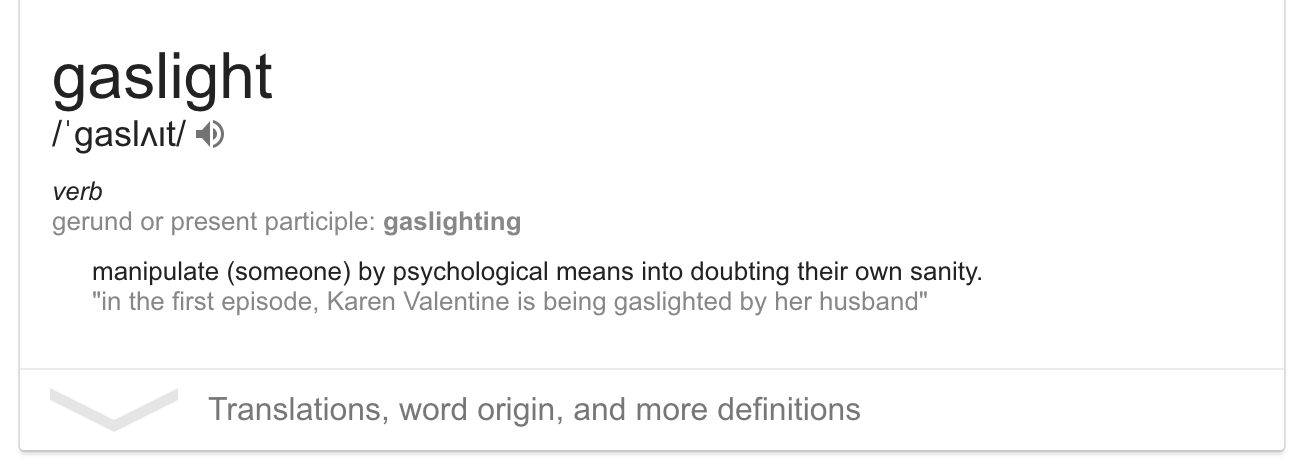A while ago a friend re-tweeted this article on the decline and fall of Rome
I liked the descriptions of how it would have looked to a “Roman” as one of the most powerful empires in history collapsed around them during the course of their lives. For many it was a barely noticeable process of change:
The fall of an empire—the end of a polity, a socioeconomic order, a dominant culture, or the intertwined whole—looks more like a cascading series of minor, individually unimportant failures than a dramatic ending that appears out of the blue.
Patrick Wyman
“Is our end nigh?” is a common topic for people in powerful states. Reading Charles Emmerson’s “1913-The World Before the Great War“ he often mentions how subjects of the British Empire, arguably at its height just before the first world war, were debating whether its greatest days were ahead, or it it had already begun its decline.
Right here and now such and article is of course about the USA. It has had a good century or so. And it faces a formidable rival in China. But the immediate drive has to be the troubled state the country finds itself in today. It has been shocking looking at the presidential election coverage this year. No one doubts that Biden will get more votes than Trump. People are asking wether that will matter. Or will it be let matter. The outcome of the election will depend on how brazenly one group can “fix” the result. We have reached a point where the media run stories about senior military figures discussing what to do if they are asked to prop up a president in a disputed election. What the fuck happened to America?
The Mother Jones article touches on some suspects for a potential decline: an inept President, plutocracy, the endless fruitless wars. Sitting in my comfortable chair over here in Europe I think the author missed one of the big issues – that the political system itself in the US is disfunctional and does not properly represent the people. We have reached the point where you can ask is the US is actually a functioning democracy? America’s preeminant position in the world has been built upon its economic and political might. But the latter is in serious trouble. And the problems are getting worse. The lessons of the rest of the world are that the decline of democracy will lead to an economic decline as well.
Take the weirdness of the electoral college as an example of the problems. It gave Bush the younger the presidency in 2000 despite getting less votes than his opponent. That should have been a flashing yellow light that there is a problem – but there was no significant movement to fix it. And so it happened again in 2016, but worse. It may happen again this year. Or Trump may get turfed out. But there is no question that people in the US are living with a system where the majority are forced to accept a (divisive, despised, unquestionably incompetent) candidate that a minority voted for.
By my nature I am a process engineer. I see a problem and I try to understand the system that produced it. What I see looking at the US is a broken system. One that no longer lets the people be represented properly. And the problems are getting worse. It was stressed under Bush, and now has been pushed to a critical limit with Trump. It may survive this time, but each test seems to encourage factions to push harder the next time, and a breaking point will eventually be reached.
The electoral college is just one of a range of problems with US politics and democracy. (Dis)honourable mention has to go to the two party system, gerrymandering, the vast quantities of money in US politics, voter suppression, the not particularly democratic upper house (other countries have this in their upper houses, but they limit the power the body holds), the fact that so many of the controlling positions throughout the system are held by political partisans (either directly elected or like the supreme court – appointed).
There are toxic levels of political polarisation amongst the public too. We seem to have reached a point where regardless of whoever wins the US presidential election in a two weeks, large sections of the public will regard the outcome as illegitimate. They will believe that the fundamentals of the sytem have been corrputed and overthrown by others, and will shout for revolutionary change to reclaim what they feel they have lost. Democracy depends on the vast majority accepting the legitimacy of the system, even when it does not deliver their side to power. That is under threat.
A source of a lot of these problems is the US constitution. A powerful document which has inspired many other countries. It was ahead of its time. But that was at the end of the 18th century almost 250 years ago now. It is in many ways a fossil, full of political stuructures and compromises that suited an late 1700, post colonial, rural, slavery allowing state. Dick Cheney once talked dismissively about “Old Europe”. But this is a continent of countries that freely tweak and renew their systems of government. Germany’s dates to 1949, and was renewed with unification in 1990. France’s is from 1958. Ireland’s constitution is 82 years old, which makes it one of the older ones. And it has had 32 ammendments since it was adopted (most recently in 2019). That is an average of one very 2.5 years. The US has had 27 in 231 years. But 10 of them were from 1791. So the current rate of change is once every 21 years (and none since 1992 which was just a tweak about politicians pay). It can hardly be regarded as a dynamic modern text, adapting to changes in circumstances, or the needs of the modern world.
The US is not alone in having a disfunctional representative system. Take a look at the UK. First past the post (FPTP) is profoundly unrepresentative, and can barely be described as democratic. It also delivers extreme outcomes that solidify a two party hold on government. Despite all their (many many) sins, UKIP polled more votes (26.6%) in the 2014 European election than the other two mainstream parties. The EU, which they loathed, insists on proportional allocation of seats. So UKIP had more MEPs than any other UK political party. But UKIP under FPTP tey never managed to secure a single seat in the Westminster parliament. It is easy to argue that a quarter of the UK population were not having their voice heard in their national parliament. That is not right*.
To a European the two party system is one of the stranger aspects of US (and UK) politics. The two parties can be broad churches, but there are just two of them. They cannot represent the shades of political opinion that will exist in a population. And they realistically represent your only choices. Third party/independent candidates are rare. Compare that with the more pluralistic setup seen in most of the rest of the world where you can usually find a party that matches pretty well with your position.
Plenty of people who have looked at the US feel that it could sustain 5 or even 6 political parties. Then citizens would have a real choice when they vote. And parties unable to assume they can deliver outright majorities would have to seek common ground with political opponents. The wishes and needs of most voters would be taken into account rather than the winner takes all approach today.
The need to form coalitions initially looks like weakness. But coalition governments are more representative of public opinion. The compromises they make to govern mean more people get (at least some of) their policies enacted, and the government is seen as more legitimate. That provides resilience to the system in the long term. Compare that with the posturing, and winner takes all approach in the US that delivers government shut downs, or fuck-you appointments to the supreme court even though the public is strongly against both.
So the system(s) are broken. What is to be done? There are signs that the democrats could get a clean sweep of Presidency, Congress, and Senate. If they did they would probably decide things are actually working, and only make cosmetic changes. Being a winner from a system, always dampens enthusiasm for change. And it is not like Biden is running on a platform of constitutional/government renewal. The Democrats proposing dismantling the 2 party system would be turkeys voting for Christmas. So I am not hopeful for change.
It will be a long time before there is proportional voting, voting standards and districts set by impartial independent bodies, and of course an end to the electoral college. Maybe an independent movement will appear demaning these changes, via a form of constitutional convention and citizens assembly. Or maybe a few centuries from people will speculate about the reasons how and why America lost its place and became another fallen empire for the history books.
* I would argue that this was one of the reasons for the success of the Brexit referendum. The was Yes or No. Every vote counted. For a very large number of the people (especially those that live in “safe seat” constituencies) this was the first time that their vote had as much weight as any one elses. So they were determined to use it, and to use it to give two fingers to the system.


Recent Comments